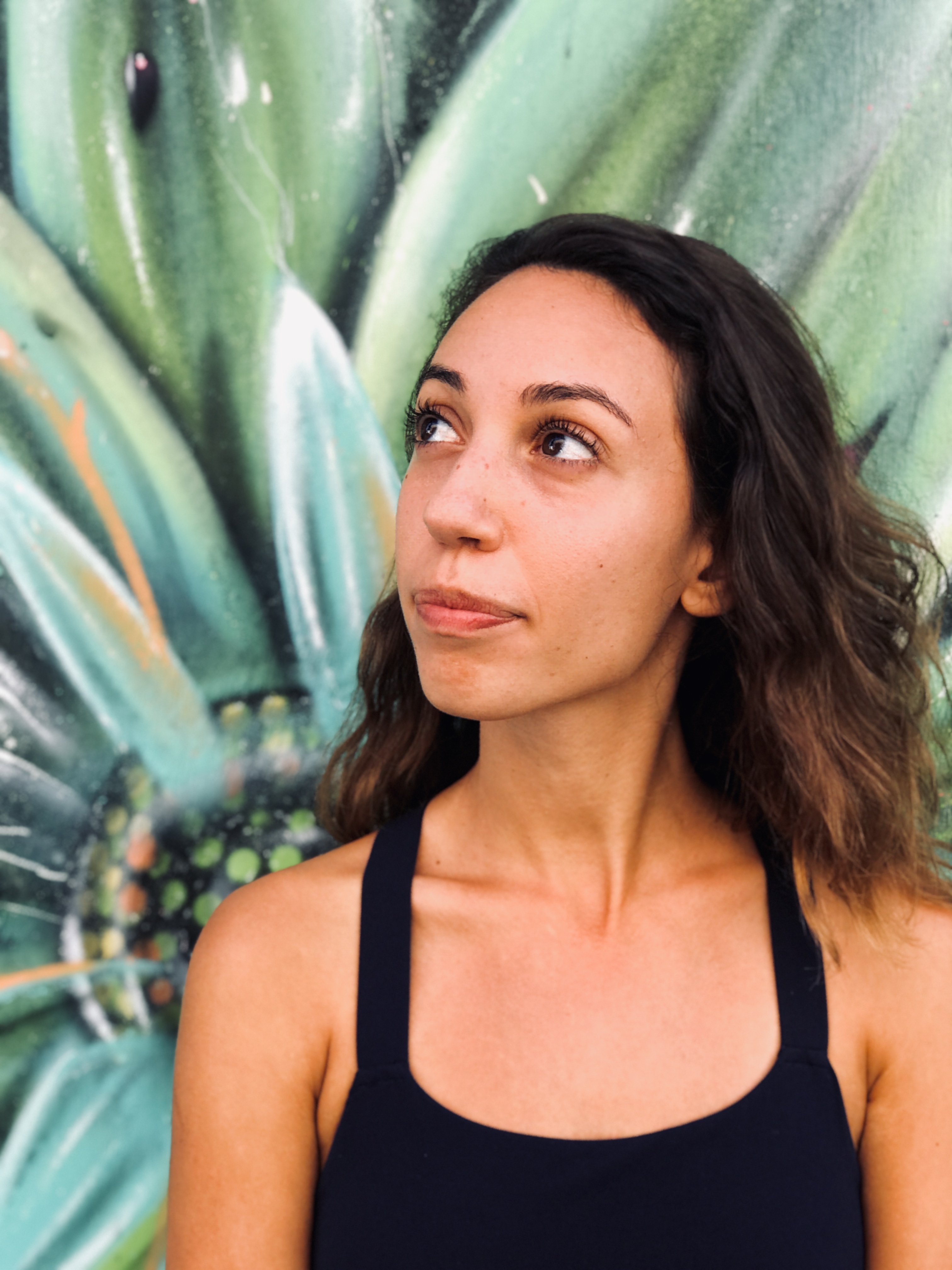Welcome to our special section, Thrive on Campus, devoted to covering the urgent issue of mental health among college and university students from all angles. If you are a college student, we invite you to apply to be an Editor-at-Large, or to simply contribute (please tag your pieces ThriveOnCampus). We welcome faculty, clinicians, and graduates to contribute as well. Read more here.
I experienced the first panic attack of my life at around this time last year.
The last semester of my undergraduate years was just about to begin, and the weight of all the imminent changes, together with the load of work I had yet to finish before graduating, dawned on me one morning without warning.
The first few hours of the attack consisted mostly of uncontrollable crying and hyperventilating, unable to explain to my panicked mother why I was suddenly so upset.
During those hours of panic, I sent an email to my thesis supervisors informing them that I would renounce writing my thesis. The idea of writing an 100-120 page work of original research in around four months was just too much to fathom.
Partly, this was due to my own negligence. I had spent the first semester of my senior year in the incredibly uncomfortable position commonly known as “writer’s block.” To quote a podcast I listened to recently, “Sometimes, the hardest thing to do is putting your *ss where your head is at”; indeed, in the first four months of my senior year, I was unable to do just that, and by the beginning of my last semester, I produced nothing substantial to send my supervisors. I was embarrassed, anxious, though mostly, disappointed in myself for not having organised my time better.
But I am here to tell you that I survived thanks to, beyond the support of my supervisors, these six creative writing strategies I acquired and which I hope will help you with the writing process of your next writing assignment.
Break it down
This is perhaps the wisest piece of advice I was ever given to complete any major assignment (and for life, generally).
For my undergraduate thesis, I was expected to write 100-120 pages in around four months. Thinking of the assignment as a whole was, indeed, overwhelming.
But when I reminded myself of this advice last year, I broke down my assignment on a day-by-day and week-by-week basis.
Breaking down an assignment in terms of quantitative goals helped reduce stress dramatically. When I broke it down, I realised that even just writing a few pages per week meant I would progress a long way.
The best part about any big writing assignment you’re dreading, is that it can always be broken down into smaller, more manageable parts.
Location, Location, Location
From a very early age, we are taught that the best way to write is forward-facing our screen or page, sitting down upright, eyes forward, in a quiet room. Take everything school taught you about the way you “should” be writing, and set it aside.
Don’t believe me? Take it from Ernest Hemingway, widely considered one of the greatest American writers of all time.
Hemingway had a beautiful house in Cuba, in which he wrote many of his famous novels. Inside his home there is a beautiful studio-tower structure facing rolling green hills, and from which you can see Havana in the distance. Despite the existence of this beautiful study space, Hemingway famously preferred writing standing up in a little dark corner of his room.
Personally, I use Hemingway’s method whenever I’m struggling to formulate a thought on paper-standing up helps keep me more awake than sitting on a comfortable chair.
My advice is to experiment with different locations. Below is a list of a few I discovered friends and colleagues prefer:
- Noisy coffee-shops
- On the floor
- A public library away from the pressures of campus
- On public transportation
- In bed (dangerous, but works for some brave souls!)
- In a dining hall/kitchen space
- In the dark basements of the campus libraries
Varying your writing location may just be the ket to unlock your block.
Experiment with time of day
For some, early mornings are wonderful; for night-owls, late in the evening works best (though try not to let this compromise sleep too much!).
There really is no “ideal” time of day to write so, if you can, vary your time of writing to determine whether there is an ideal that works best for you.
Commit to your ideal time
Once you have found that “sweet-spot time” in which you work well, try to commit to this writing time every day, even if it’s only a couple of minutes. Even a few minutes of solid writing time can go a long away.
Start a Writing Group
Forming a writing group with close friends to hold each other accountable to writing works really well for some people who need the pressure of another’s gaze to keep them motivated… and to keep from mindlessly checking Facebook every hour.
Be kind to yourself
Frustration. This is one of the worst and most common feelings I’ve found among people struggling to finish a writing assignment.
While this is perfectly normal state, my advice is to try to separate yourself from these feelings as best, and fast, as you can.
Simply letting those feelings of frustration sit with you will not help your writing process.
When the feelings do start to make their appearance, physically separate yourself from the computer or page. Find a quick 10-20 minute activity you can do to reduce these feelings, whether that be meditation, going for a walk, calling up a friend, or, a personal favourite of mine, write down a list of things you’re grateful for today.
There is nothing better than coming back to your writing with a clear mind, and even just a few minutes of doing something completely different can help clarify the mind.
Subscribe here for all the latest news on how you can keep Thriving.
More on Mental Health on Campus:
What Campus Mental Health Centers Are Doing to Keep Up With Student Need
If You’re a Student Who’s Struggling With Mental Health, These 7 Tips Will Help
The Hidden Stress of RAs in the Student Mental Health Crisis


